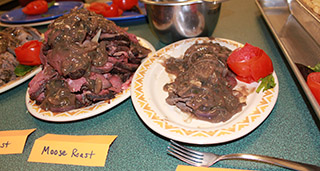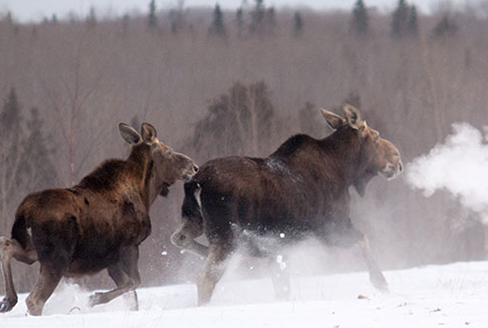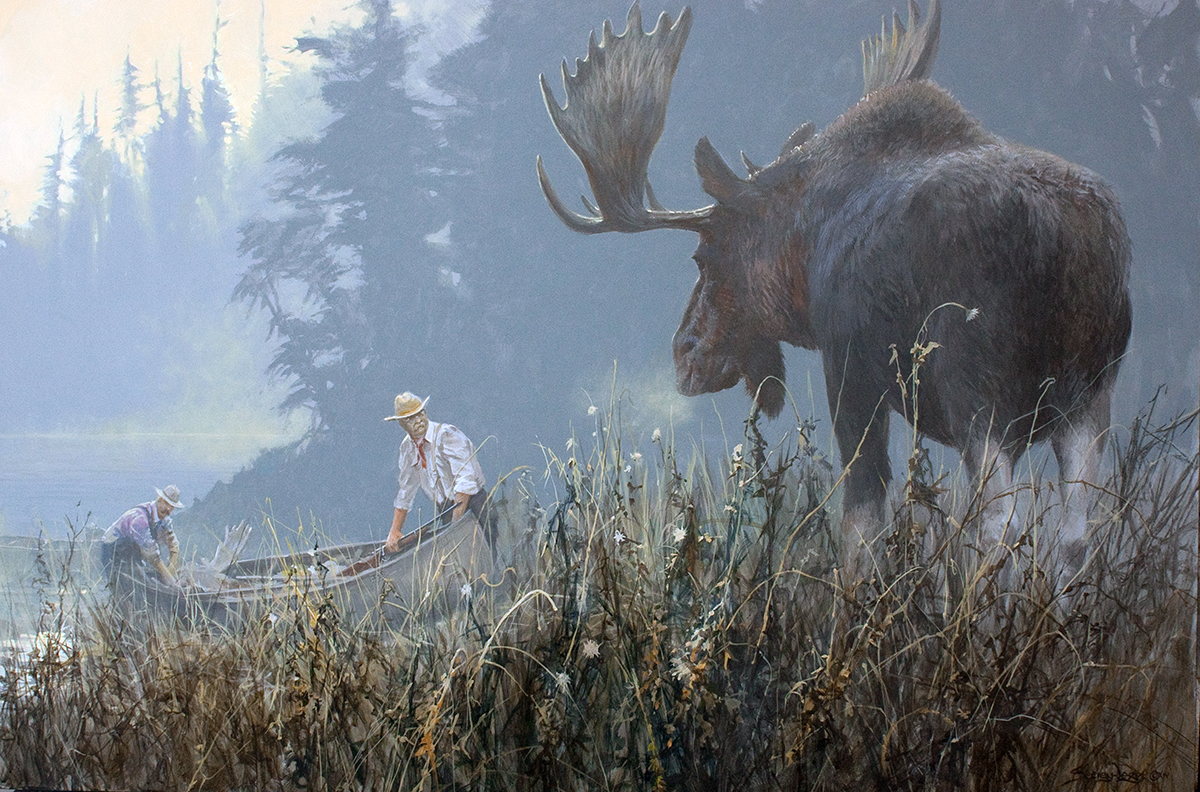New Hampshire hunters can share their fall harvest with the needy through the “Hunt for the Hungry” program at the New Hampshire Food Bank, a program of Catholic Charities NH.
Once again this fall, the New Hampshire Food Bank is collecting donations of processed deer and moose for distribution to more than 400 food pantries, soup kitchens, homeless shelters and group homes statewide.
Last year, the Hunt for the Hungry program took in over 2,000 pounds of donated deer and moose meat for distribution to those in need.
To learn how to donate game, and for packaging instructions, call the New Hampshire Food Bank at (603) 669-9725. If you would like to share an entire deer or moose, please process the meat and have your donation stamped by a USDA approved butcher. Contact the Food Bank for USDA approved butchers in your region.
 Please note that the New Hampshire Food Bank is not equipped to accept donations of bear meat, fowl or wild game birds such as duck, goose, turkey or grouse.
Please note that the New Hampshire Food Bank is not equipped to accept donations of bear meat, fowl or wild game birds such as duck, goose, turkey or grouse.
“We are counting on continued strong support from hunters this year,” said Dennis Gichana, Director of Operations for the New Hampshire Food Bank. “Donations of protein foods with the Hunt for the Hungry program fill a big need. Venison is especially popular, a real treat for clients. Last year, we got some moose meat, and as soon as it came in, out it went! As always, we want to thank New Hampshire’s hunters for their continued support. We couldn’t do what we do without it.”
“The Hunt for the Hungry program is a great way for hunters to share their harvest and help needy families get through the winter,” said Scott Mason, Executive Director of the New Hampshire Fish and Game Department. “Wild game is a local renewable resource that is high in protein, low in fat and all natural – not to mention delicious.”
For more information on donating, visit the New Hampshire Food Bank website.
For information on hunting in New Hampshire or to purchase a hunting license, visit the New Hampshire Fish and Game website.
 Within the pages of The Ultimate Guide to Cooking Wild Game, twenty-five popular game animals are highlighted and discussed. Amateur and experienced hunters alike will enjoy learning about each animal’s origin, range, migration and travel patterns, life span, size and weight, typical habitat, desired foods, why the particular animal is targeted, where it can be hunted, along with hunting tips and why it makes for excellent table fare.
Within the pages of The Ultimate Guide to Cooking Wild Game, twenty-five popular game animals are highlighted and discussed. Amateur and experienced hunters alike will enjoy learning about each animal’s origin, range, migration and travel patterns, life span, size and weight, typical habitat, desired foods, why the particular animal is targeted, where it can be hunted, along with hunting tips and why it makes for excellent table fare.
Whether you hunt for food, for pleasure, or for environmental management, know that you are engaging in a normal, natural, and innate human instinct that has been with mankind and our predecessors for hundreds of thousands of years and one that will be with us for many more years to come. Enjoy the hunt, and the tastes and flavors of your successes with a little help from this new book! Buy Now




